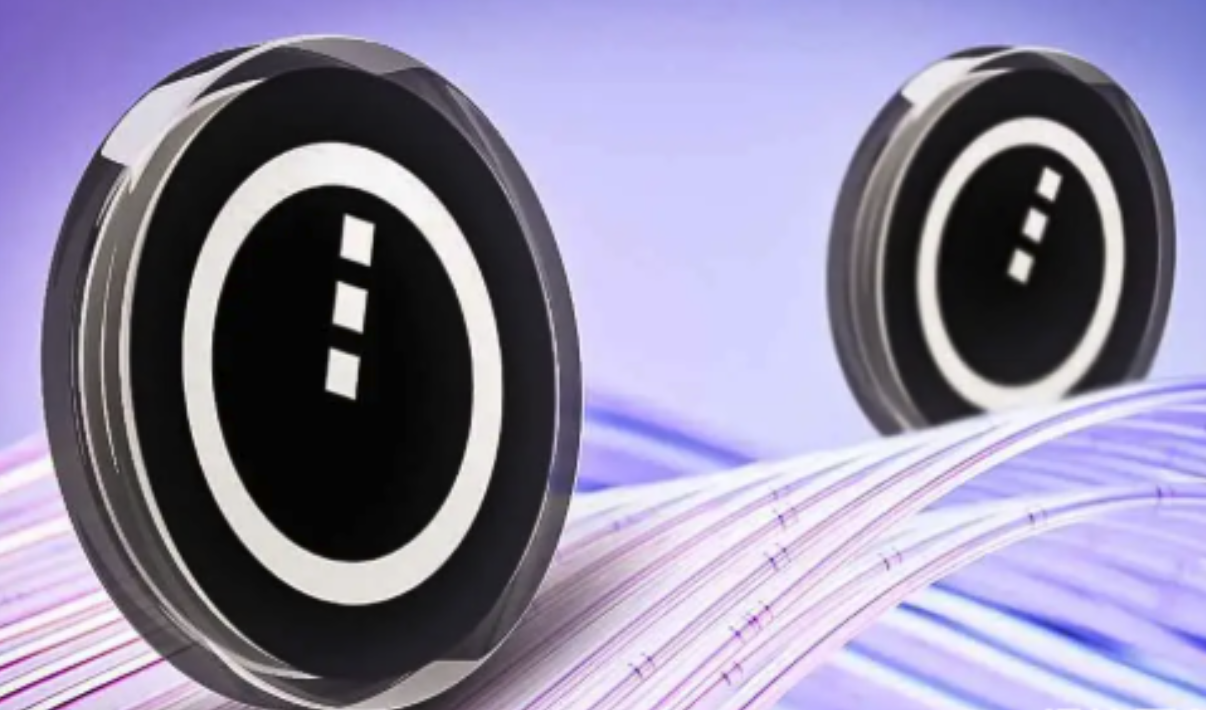关于内存的思考
时间:2010-11-24 来源:FreedomXura
|
void GetMemory(char *p) { p = (char *)malloc(100); } void Test(void) { char *str = NULL; GetMemory(str); strcpy(str, "hello world"); printf(str); }
请问运行Test函数会有什么样的结果? 答:
|
char *GetMemory(void) { char p[] = "hello world"; return p; } void Test(void) { char *str = NULL; str = GetMemory(); printf(str); }
请问运行Test函数会有什么样的结果? 答: |
|
Void GetMemory2(char **p, int num) { *p = (char *)malloc(num); } void Test(void) { char *str = NULL; GetMemory(&str, 100); strcpy(str, "hello"); printf(str); } 请问运行Test函数会有什么样的结果? 答:
|
void Test(void) { char *str = (char *) malloc(100); strcpy(str, “hello”); free(str); if(str != NULL) { strcpy(str, “world”); printf(str); } } 请问运行Test函数会有什么样的结果? 答:
|
void GetMemory( char *p )
{
p = (char *) malloc( 100 );
}
void Test( void )
{
char *str = NULL;
GetMemory( str );
strcpy( str, "hello world" );
printf( “%s”,str );
}
这个一个考验对指针理解的题目,上面程序在运行之后:
1,调用GetMemory( str )后, str并未产生变化,依然是NULL.只是改变的str的一个拷贝的内存的变化
2,strcpy( str, "hello world" );程序运行到这将产生错误。
3,new的时候有可能内存出错,应该在*p = (char *) malloc( num ); 后判断内存是否申请成功,应加上:
if ( *p == NULL )
{
...//进行申请内存失败处理
}
4,动态创建的内存没释放。
错误分析:
错认为 GetMemory(char *p)中的 p就“是” GetMemory(str)中的str。但p“不是”str,它只是“等于”str 。
就象:
int a = 100;
int b = a; // 现在b等于a
b = 500; // 现在能认为a = 500 ?
显然不能认为a = 500,因为b只是等于a,但不是a! 当b改变的时候,a并不会改变,b就不等于a了。 因此,虽然p已经有new的内存,但str仍然是null
GetMemory(str); //把str传进去,str是一个指针,而他实际上是一个int
void GetMemory(char *p) //p是str的一个副本
{
p=(char *)new char[100]; //p的值改变,但是str的值并没有改。
}
而双重指针为什么就可以了呢:
GetMemory(&str); //把str的地址传进去
void GetMemory(char ** p) //p是str地址的一个副本
{
*p = (char *)new char[100]; //p指向的值改变,也就是str的值改变。
}
修改方法1:(推荐使用这种方法)
void GetMemory2(char **p)变为二级指针.
void GetMemory2(char **p, int num)
{
*p = (char *)malloc(sizeof(char) * num);
}
void Test(void)
{
char *str=NULL;
GetMemory=(&str);
strcpy(str,"hello world");
printf(str);
free(str);//释放str所占的内存空间,
str=NULL;//将str置空,避免出现野指针。
}
修改方法2:
char *GetMemory()
{
char *p=(char *)malloc(100);
return p;
}
void Test(void){
char *str=NULL;
str=GetMemory();
strcpy(str,"hello world");
printf(str);
}
附录A(相关资料)
试题5:
char *GetMemory( void )
{
char p[] = "hello world";
return p;
}
void Test( void )
{
char *str = NULL;
str = GetMemory();
printf( str );
}
试题6:
void GetMemory( char **p, int num )
{
*p = (char *) malloc( num );
}
void Test( void )
{
char *str = NULL;
GetMemory( &str, 100 );
strcpy( str, "hello" );
printf( str );
}
试题7:
void Test( void )
{
char *str = (char *) malloc( 100 );
strcpy( str, "hello" );
free( str );
... //省略的其它语句
}
解答:
试题5中
char p[] = "hello world";
return p;
的p[]数组为函数内的局部自动变量,在函数返回后,内存已经被释放。这是许多程序员常犯的错误,其根源在于不理解变量的生存期。
试题6中
1、GetMemory避免了试题4的问题,传入GetMemory的参数为字符串指针的指针,但是在GetMemory中执行申请内存及赋值语句
*p = (char *) malloc( num );
后未判断内存是否申请成功,应加上:
if ( *p == NULL )
{
...//进行申请内存失败处理
}
2、试题6的Test函数中也未对malloc的内存进行释放。
试题7中
存在与试题6同样的问题,在执行
char *str = (char *) malloc(100); 后未进行内存是否申请成功的判断;另外,在free(str)后未置str为空,导致可能变成一个“野”指针,应加上: str = NULL;
剖析:
试题4~7考查面试者对内存操作的理解程度,基本功扎实的面试者一般都能正确的回答其中50~60的错误。但是要完全解答正确,却也绝非易事。
对内存操作的考查主要集中在:
(1)指针的理解;
(2)变量的生存期及作用范围;
(3)良好的动态内存申请和释放习惯。
再看看下面的一段程序有什么错误:
swap( int* p1,int* p2 )
{
int *p;
*p = *p1;
*p1 = *p2;
*p2 = *p;
}
在swap函数中,p是一个“野”指针,有可能指向系统区,导致程序运行的崩溃。在VC++中DEBUG运行时提示错误“Access Violation”。该程序应该改为:
swap( int* p1,int* p2 )
{
int p;
p = *p1;
*p1 = *p2;
*p2 = p;
}
|
void GetMemory(char *p) { p = (char *)malloc(100); } void Test(void) { char *str = NULL; GetMemory(str); strcpy(str, "hello world"); printf(str); }
请问运行Test函数会有什么样的结果? 答: (1) GetMemory函数在申请内存的时候没有判断是否申请成功。 (2) 在malloc申请内存之后,最终应该free释放内存的。 (3) 由于GetMemory函数并不能传递动态内存,所以在执行完GetMemory之后,str依然是空指针(p分配了100字节的内存空间,但是与str无关),所以在接下来的执行strcpy(str,”hello,world”);的时候,由于str是空指针并没有内存空间而出错。 |
char *GetMemory(void) { char p[] = "hello world"; return p; } void Test(void) { char *str = NULL; str = GetMemory(); printf(str); }
请问运行Test函数会有什么样的结果? 答:本题考查变量的生存期及作用范围。p[]数组为函数内的局部自动变量,在函数返回后,内存已经被释放。故运行结果未知。 |
|
Void GetMemory2(char **p, int num) { *p = (char *)malloc(num); } void Test(void) { char *str = NULL; GetMemory(&str, 100); strcpy(str, "hello"); printf(str); } 请问运行Test函数会有什么样的结果? 答: (1)能够输出hello (2)内存泄漏.free(p);p=NULL;
|
void Test(void) { char *str = (char *) malloc(100); strcpy(str, “hello”); free(str); if(str != NULL) { strcpy(str, “world”); printf(str); } } 请问运行Test函数会有什么样的结果? 答: 篡改动态内存区的内容,后果难以预料,非常危险。 因为free(str);之后,str成为野指针, if(str != NULL)语句不起作用
|
http://hi.baidu.com/whhwchenx/blog/item/1a03a32c2a00b2eb8b1399dc.html 2.字符数组与指针区别
http://hi.baidu.com/whhwchenx/blog/item/3514a5da7aa235dcb7fd4826.html 3.内存对齐
http://hi.baidu.com/whhwchenx/blog/item/7f0d5544229a5585b3b7dce3.html 4.GetMemory错误讲解(指针练习)
http://blog.csdn.net/xiven/archive/2009/07/13/4345199.aspx 5.Test/Test2/Test3/Test4(内存问题)
http://blog.csdn.net/lantianjialiang/archive/2008/10/22/3126090.aspx 6. 传递一个指针进去用(指针不能被修改)*p;
http://blog.csdn.net/cmgg/archive/2007/06/26/1666899.aspx 7.Test/Test2/Test3/Test4(内存问题)
http://blog.csdn.net/lantianjialiang/archive/2008/10/22/3126090.aspx 8.C语言内存分配问题和C语言中的内存
http://blog.csdn.net/pfgmylove/archive/2008/11/04/3212163.aspx










